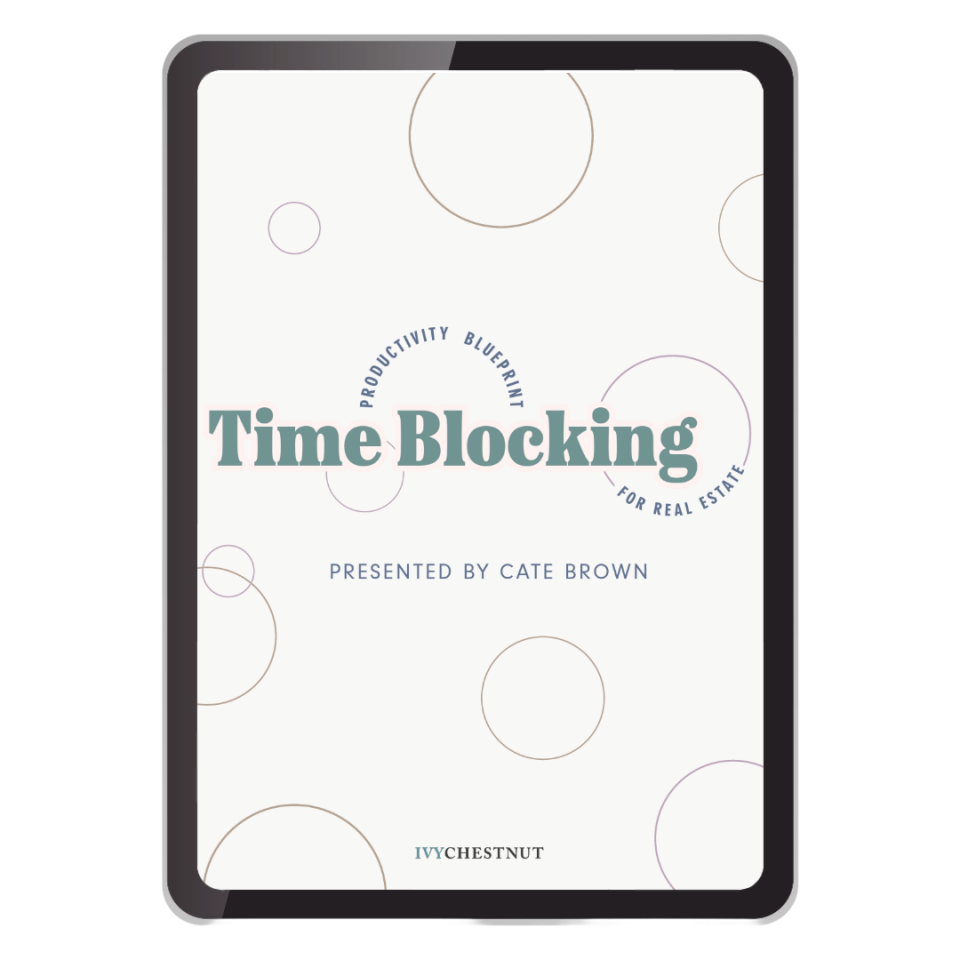Customer-Centric Real Estate
Building Enduring Relations
By: Cate Brown
Read Time: 4 Minutes

Have you ever noticed how the most magnetic personalities often make you feel like you're the star of the show? Building enduring relationships with customers is crucial in today's real estate market. A customer-centric approach is the key to achieving this. Real estate professionals should prioritize their preferences and need to establish a solid and long-lasting relationship with customers. This will help build trust and loyalty and contribute to a positive and constructive experience for both parties. Let's explore how this approach can work wonders and help build a strong foundation for lasting success in the industry.

Emphasizing the Importance of Putting the Customer First
"The Customer is King" is more than just a catchy mantra in business. It is a fundamental principle that emphasizes placing the customer at the center of all business operations. Companies must prioritize their customers' needs and wants above everything else. This philosophy is deeply embedded in successful companies and sets them apart from their competitors. By adopting this customer-centric approach, businesses can build strong, long-lasting relationships with their clients, increasing loyalty and profitability. Ultimately, "The Customer is King" is a way of life for businesses that value their customers' satisfaction and success. In real estate:
Trust Building: Building trust is essential to any successful real estate business. By adopting a customer-first approach, skeptics can quickly become believers. When clients feel valued and prioritized, they are more willing to place their trust in the real estate professional, and in this industry, trust is the most valuable currency.
Referral Magic: Another significant benefit of a customer-centric approach is the power of referrals. Delighting a customer can lead to an avalanche of positive word-of-mouth marketing. Happy customers become enthusiastic advocates for the business, recommending services to friends, family, and colleagues. This referral magic can pave the way for future business opportunities and help an agent's entrepreneurial business grow.
Longevity: Besides building trust and generating referrals, putting customers first fosters loyalty. It's not just about selling a property or closing a deal; it's about creating a lifelong relationship. Real estate professionals can build trust and loyalty by prioritizing customer preferences. This approach puts the promise of future homes, investments, and chapters together, providing a foundation for lasting success in the industry.
Cultivating Empathy and Understanding Clients' Perspectives
Understanding the client is not just about knowing their budget or property preferences; it's about diving deep into their emotions, aspirations, and dreams.
Walk a Mile: Real estate is an emotional journey, and each client has a unique story. For a family, it might be their first home; for an entrepreneur, a new office; for a retiree, a tranquil getaway. By taking the time to understand these stories, real estate agents can offer tailored, heartwarming experiences that go beyond a simple transaction. By taking the time to understand the needs and preferences of the client, an agent can provide a more personalized and memorable service. One effective way to gain such understanding is to walk a mile in their shoes.
Listen Actively: Active listening is crucial for any real estate professional. Sometimes, clients may need to be aware of their desires or struggle to articulate them. Agents can uncover subtle cues and better understand their client's needs by listening actively and attentively. This approach goes beyond simply hearing what the client is saying; it involves asking the right questions, reading body language, and picking up on non-verbal cues. By doing so, agents can provide a more comprehensive service tailored to the client's unique situation.

Training Agents to View Transactions from the Customer's Point of View
Imagine being handed a pair of magic glasses that let you see the world through someone else's eyes. That's what agents need to cultivate – the ability to don the lens of the customer.
Role reversal exercises can offer profound insights into the client's perspective. Agents can better understand their needs and preferences by stepping into the client's shoes. Role-playing can help agents identify how they would like to be approached and what questions they would have. This change in perspective can illuminate and help agents tailor their approach to better meet the client's needs.
Feedback is a valuable tool for any real estate professional. Encouraging agents to solicit feedback and reflect upon it regularly can help fine-tune their approach and ensure they are always aligned with client expectations. Agents can use feedback to identify areas for improvement and adjust their strategy accordingly, leading to a more satisfying and successful customer experience.
Continual learning is essential in the ever-evolving real estate landscape. Real estate professionals must remain knowledgeable about their client's evolving needs and trends. Real estate professionals must know their clients' changing needs and trends. Regular workshops, seminars, and training sessions can keep agents sharp, adaptable, and ever-empathetic, ensuring they always provide the best possible service to their clients.
Becoming Narrators of Unique Client Stories
Real estate is an industry where every client story is unique and valuable. Each level represents a thread in a grand tapestry of experiences. By developing a customer-centric mindset, agents can become successful narrators of these tales and cherished co-authors. This means taking the time to truly understand each client's needs, goals, and preferences and tailoring their approach to suit each case. By doing so, agents can create an inspiring narrative that reflects the client's journey and ultimately helps them achieve their real estate goals.







